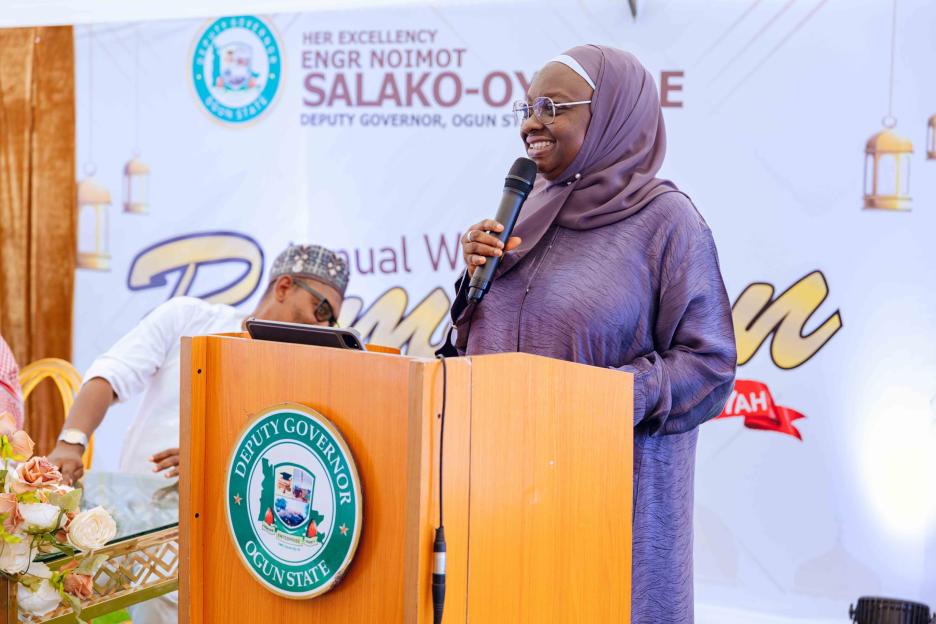Table of Contents
Activist lawyer, Maduabuchi Idam, has characterized the conviction of Nnamdi Kanu, the leader of the Indigenous People of Biafra (IPOB), as a retributive form of justice.
Idam expressed that Kanu’s conviction could have lasting repercussions for Nigeria in the future.
In a statement he authored, Idam warned Nigerians against celebrating the conviction, as it does not embody the type of justice that is necessary.
He stated: “The conviction of Mr. Nnamdi Kanu signifies a retributive form of justice, one that may linger like the Ghost of King Hamlet to haunt the Nigerian conscience, if not now, then in the future.
“A nation cannot joyfully engage in negotiations and the payment of ransom to bandits, terrorists, and kidnappers, only to wake up one morning wielding a sledgehammer against a man, simply for being vocal in his opposition to oppression and suppression.
“No Nigerian should celebrate such a verdict. It does not reflect the kind of justice we aspire to. A law that has long remained dormant and ineffective cannot suddenly become active overnight simply because it is being enforced against a man from the southeast.
“Even the prodigal son was welcomed and adorned in the finest garments by his father upon his return home, as taught in the Bible. Why then have the Igbo people not been similarly welcomed, even 55 years after the war concluded in 1970?
“If this is the kind of justice the Nigerian state requires to maintain unity, then the validity of that unity must be questioned.”
- What is Maduabuchi Idam's opinion on Nnamdi Kanu's conviction?
-
Maduabuchi Idam believes that Nnamdi Kanu's conviction is a vindictive form of justice that could have long-lasting implications for Nigeria.
- What does Idam warn against regarding the public reaction to the conviction?
-
Idam cautions Nigerians against celebrating the conviction, as it does not represent the justice that is needed in the country.
- How does Idam compare Kanu's situation to biblical teachings?
-
Idam compares Kanu's situation to the biblical story of the prodigal son, highlighting that while the son was welcomed back, the Igbo people have not received a similar embrace even decades after the war.







